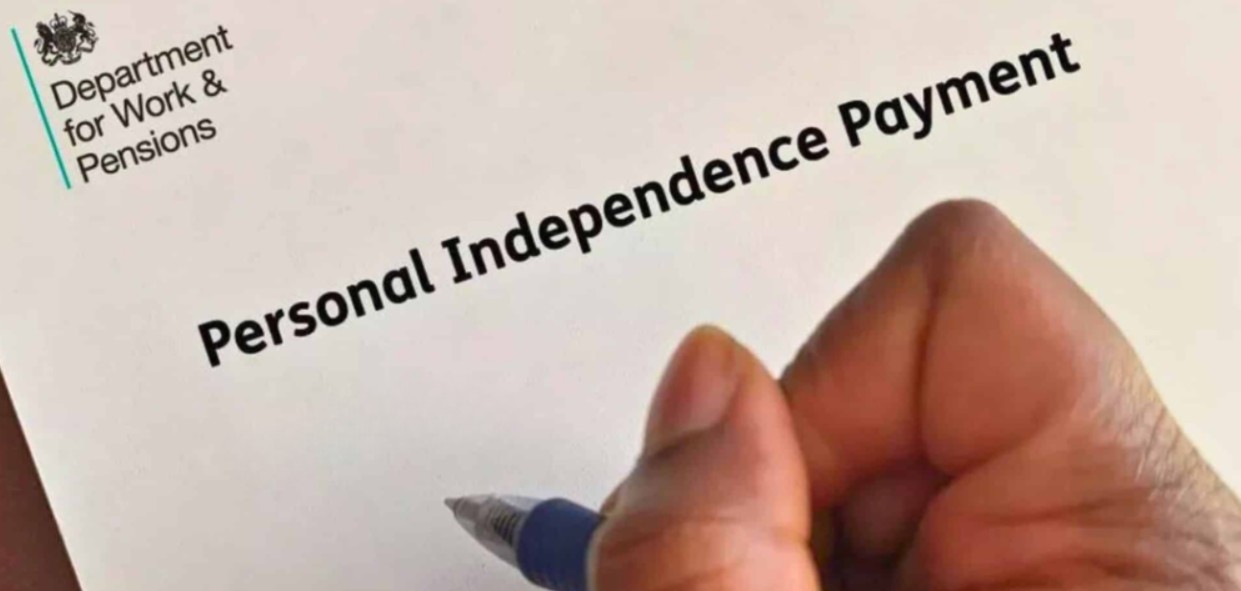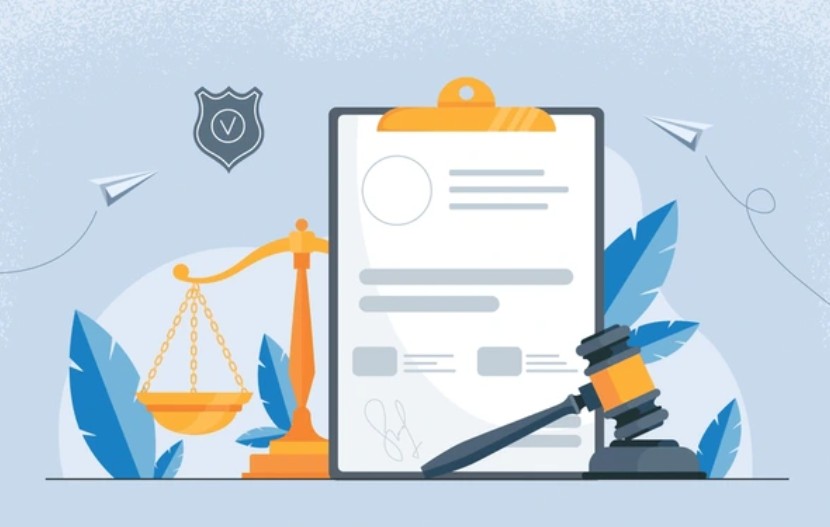In the United Kingdom, Personal Independence Payment (PIP) plays a vital role in supporting individuals with long-term health conditions or disabilities. For many, it is not just a benefit — it’s a necessity that helps them live independently and with dignity.
However, a question that often sparks confusion, fear, and uncertainty among claimants is: Can PIP be stopped without notification?
The official answer, grounded in UK benefit law and Department for Work and Pensions (DWP) policy, is that no claimant should always be notified before their benefit is reduced, suspended, or stopped. But the real-world experience isn’t always that straightforward. In this post, we will examine the regulations, identify potential exceptions, and outline the steps claimants should take if they are unable to receive their expected PIP payments.
What is PIP, and Why Is It So Important?

Personal Independence Payment (PIP) is a non-means-tested benefit designed for individuals aged 16 to State Pension age who live with long-term physical or mental disabilities. Unlike other welfare benefits, PIP is not dependent on income or savings. It is intended to help cover the additional costs associated with daily living and mobility challenges.
PIP is comprised of two components:
-
Daily Living Component – for help with eating, dressing, managing medication, and similar tasks.
-
Mobility Component – for difficulties in getting around or planning and making journeys.
Each component can be paid at a standard or enhanced rate, depending on how severely your condition impacts your ability to perform these tasks.
PIP is often a gateway to other benefits, such as Carer’s Allowance, disability premiums, and council tax reductions, making it even more critical in the lives of disabled individuals and their families.
Can PIP Be Stopped Without Notification?
Under standard DWP procedure and UK welfare law, PIP should not be stopped without prior notice. If the DWP decides to reduce or stop your payments, they are legally required to:
- Notify you in writing before making the change.
- Explain the reason for their decision.
- Provide information on how to challenge the decision through a mandatory reconsideration or appeal.
This process ensures transparency and gives claimants a fair opportunity to respond or provide additional evidence.
However, there have been instances where people have reported that their PIP payments were reduced or ceased without any clear warning. These occurrences often result from system errors, missed communication, or administrative failings. While not in line with official policy, they do happen, and when they do, claimants need to act quickly.
What Are the Common Reasons PIP May Be Stopped?
Although PIP should not be stopped without notification, several scenarios may lead to an unexpected interruption or termination of your payments. Understanding these can help you prevent issues or respond appropriately if they arise.
1. Failure to Report a Change in Circumstances
If your condition improves, worsens, or your personal situation changes (for example, if you move home or go abroad for an extended period), you are required to inform the DWP. Failing to do so may lead to a suspension or termination of your PIP, sometimes without immediate notice if it is deemed you have not complied with benefit conditions.
2. Missing a Review or Reassessment
PIP is not awarded for life in most cases. Claimants are typically reassessed periodically to confirm they still qualify for the benefit. If you fail to attend an assessment or return review forms, your claim may be ended. While the DWP should send reminders, issues can arise if correspondence is missed, delayed, or not delivered.
3. Allegations of Fraud or Misrepresentation

If the DWP suspects that your claim may not be genuine — whether due to inconsistencies in your information, third-party reports, or surveillance — they may stop your PIP pending an investigation. Though they are expected to inform you of this action, in urgent cases involving suspected fraud, a stop may occur quickly.
4. Non-Response to Communications
If you are sent a letter requesting information or asking for further medical evidence and do not reply by the specified deadline, your payments may be stopped. This can happen even if you never received the letter due to postal issues or a change of address. Always ensure your contact details are current and check your post regularly.
5. Administrative Errors
Though relatively rare, payments can stop due to clerical or technical mistakes. These may occur due to human error, incorrect data input, or system faults. If this happens, it’s critical to contact the DWP immediately and keep a record of all your interactions.
What to Do If Your PIP Stops Without Notice?
If you discover that your PIP payments have been halted and you have not received any notification or explanation, follow these steps:
Step 1: Contact the DWP Immediately
Reach out to the PIP helpline on 0800 121 4433 as soon as possible. Ask for details regarding your claim, why it has been stopped, and whether a decision letter was sent. Be sure to request a copy if you have not received one.
Step 2: Request a Mandatory Reconsideration
If you disagree with the DWP’s decision, you can ask for a mandatory reconsideration. This must typically be done within one calendar month from the date of the decision. During this stage, the DWP will review your case again, and you can submit additional evidence.
Step 3: Lodge an Appeal if Necessary
If your reconsideration is unsuccessful, you have the right to appeal to an independent tribunal. Many appeals are successful, especially when supported with medical evidence or legal advice.
Step 4: Get Support from Specialist Organisations
Charities and advocacy groups can provide invaluable assistance. Organisations such as Citizens Advice, Scope, Disability Rights UK, and Benefits and Work offer advice, form-filling support, and guidance through the appeals process.
Legal Protections: What Are Your Rights?

If the DWP fails to notify you of a decision, this could amount to a breach of administrative law. You may have grounds to:
-
Request a Judicial Review if your rights were denied.
-
File a complaint with the Parliamentary and Health Service Ombudsman.
-
Request compensation if financial loss or emotional distress was caused by DWP negligence.
In extreme cases, legal action may be necessary. Organisations like LawWorks or Disability Law Service can assist with legal challenges.
Upcoming Changes to PIP in 2025 and Beyond
As of mid-2025, the UK government is reviewing aspects of the PIP system as part of wider welfare reform discussions. Proposed changes may include:
- A shift in the way assessments are carried out.
- A possible move away from regular face-to-face assessments.
- Revisions to the qualifying criteria for both components.
Although no major changes have been finalised, these proposals are likely to evolve. Claimants are strongly advised to follow government announcements or trusted UK news sources to stay informed about any changes that may affect their entitlements.
How to Protect Your PIP Payments?
To avoid unnecessary interruptions in your PIP payments, here are some proactive steps you can take:
- Keep your details up to date with the DWP, including address and phone number.
- Open and respond to all correspondence promptly, especially anything from the DWP.
- Keep records of all communications, including names of staff you speak to and reference numbers.
- Inform the DWP of any change in your condition or circumstances as soon as it occurs.
- Attend all appointments and return forms by the deadline.
Conclusion: Can PIP Be Stopped Without Notification?
Legally, no. But practically, yes — and it happens more often than it should.
While DWP guidelines require proper notification before stopping benefits like PIP, claimants have reported cases of payment interruptions without explanation. Whether due to administrative issues, overlooked communications, or procedural errors, the consequences can be distressing and financially damaging.
If this happens to you, remember: you have rights, and you are not alone. By acting swiftly, seeking advice, and pursuing all available appeal options, you can challenge an unfair or incorrect decision.

Leave a Reply